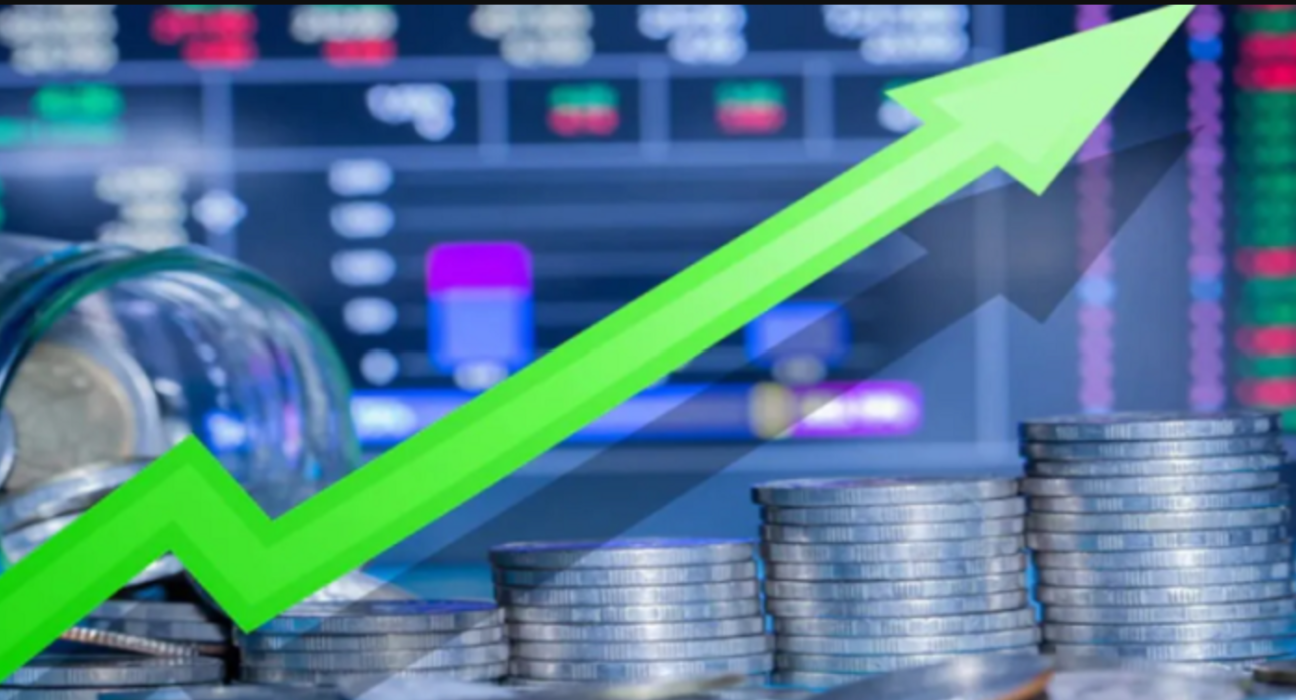From May 2015 to May 2023, the Nigerian exchanges witnessed a remarkable surge in local currency terms—even as international investors saw gains evaporate once measured against the US dollar. The headline NSE All‑Share Index rallied handily when priced in naira, buoyed by occasional recoveries in oil prices and targeted policy interventions. Yet, when the same snapshot is converted to dollars, the picture shifts dramatically, showing a marked decline in foreign‑currency terms.
During former President Muhammadu Buhari’s two terms, the naira lost over 57 percent of its value against greenback—from about ₦197/$ in 2015 to roughly ₦461/$ by mid‑May 2023 on the official exchange . This steep devaluation meant that despite impressive nominal gains in the local index, dollar‑denominated returns were deeply eroded.
To illustrate, on July 16, 2025, the NSE All‑Share Index closed around 129,203 points, up 1.8 percent from the prior session . In naira this feels like a win—but in dollar terms, it’s a different tale. If that same index value is converted using a naira trading near ₦1,560/$ (as of 2025), the US‑dollar equivalent trails behind levels seen when Buhari took office, despite the index’s local gains.
Over Buhari’s tenure, local shareholders may have enjoyed double‑digit percentage growth as the naira‑weighted index climbed, but foreign investors experienced a steady drop in real value, once adjusted for exchange losses. Analysts from BudgIT and BusinessDay had previously warned that sustained currency depreciation would blunt any stock‑market rally when viewed in stable currencies like the dollar .
The scenario is clear: booming naira‑based returns disguised a weakening appeal to external investors. One conclusion emerges—currency stability is an indispensable companion to genuine stock‑market performance in an interconnected global market.
